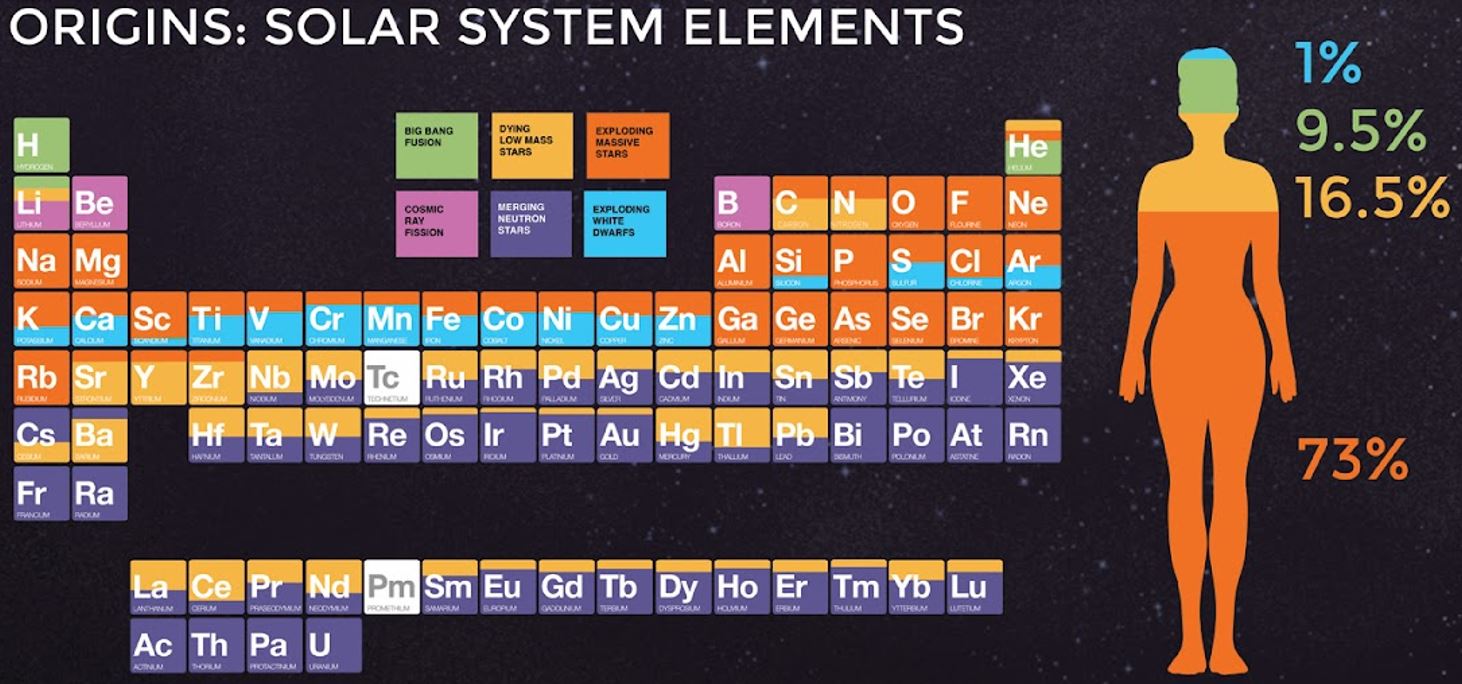Mega Millions and the Decline of the Casino State

With the Mega Millions jackpot now at the $640 million mark, it’s no wonder that everyday people without any prior interest in playing casino-like games of chance are willing to plunk down a few dollars for the chance at the single biggest payday in lottery history. Despite nearly impossible statistical odds, a $1 payment gives you a chance of becoming one of the richest people in the nation. Even families that can trace their ancestry back to the Mayflower probably don’t have $640 million in the bank, so who wouldn’t take those odds? The Mega Millions lottery appears to be a win-win for just about everyone – some lucky guy or girl becomes a near-billionaire overnight and the states are better able to balance their budgets, right?
Wrong. The craze over Mega Millions masks deeper, more systemic problems in American society that can be best characterized as the evolutionary decline of the Casino State.
At the root of the problem, of course, is the absolutely abysmal state of budgets at both the state and local levels. Governments across the nation are almost uniformly broke – and that’s not an exaggeration. Detroit teeters on the brink of bankruptcy and is at risk of shutting down. California is “hard-wired for financial dysfunction.” And the list goes on and on. It’s no wonder, then, that the allure of becoming a mini casino state is so strong. Is it better to acquiesce to the dubious morality of games of chance or deal with painful budget cuts? The answer is so obvious that it’s no wonder that states are competing with each other not just to offer lotteries, but also to create real-world casinos where you can gamble away your hard-earned dollars with ease.
Yet, as visionary urban thinker Richard Florida points out, constructing all of these casinos actually has very little economic value. The myth of the “rich tourist” who comes in from out-of-town to spend dollars at the casino has been shown to be just that – a myth. Not only that, but also these casinos tend to siphon away dollars from other, more productive sectors of the economy – like the restaurant business. The once-a-week family dinner at Olive Garden inevitably loses out to a chance to pad the family bank account at the poker table. The lottery, in many ways, is just a form of slot machine where we feed in the dollars, hoping for a big jackpot at the end of the night.
Even worse, all of the competition to attract casino bucks ultimately leads to a Beggar Thy Neighbor economic spiral. Consider what’s happening in the New York Tri-State area, where the success of Mega Millions and Power Ball and the desire to recapture all of the gambling dollars flowing to other tax jursidictions is emboldening state legislators to suggest building casinos in Manhattan. There’s now a racetrack in Queens with slot machines – and that’s because there’s gambling in Connecticut, New Jersey, Pennsylvania and Delaware. There’s Foxwoods and Atlantic City and Sands Casino. Remember when you had to go to Vegas? Not any more. Can’t afford a wild weekend in AC? The Mega Millions is the poor man’s Keno.
Warren Buffett — the richest individual in America — once characterized gambling as “a tax on ignorance.” Indeed. The evolutionary decline of the Casino State means that both individuals and governments are relying on games of chance to balance the books. On the one hand, we now have individuals resorting to the lottery as an all-or-nothing 401K; on the other hand, we now have states resorting to lotteries as a way to cover budgetary shortfalls. We still haven’t cracked open the online gambling nest egg, but that’s coming soon. Forget Mega Millions — soon you’ll have people throwing money away while sitting in their pajamas, typing furiously away on their tablets and laptops while gambling away their digital dollars.
image: Casino / Shutterstock





